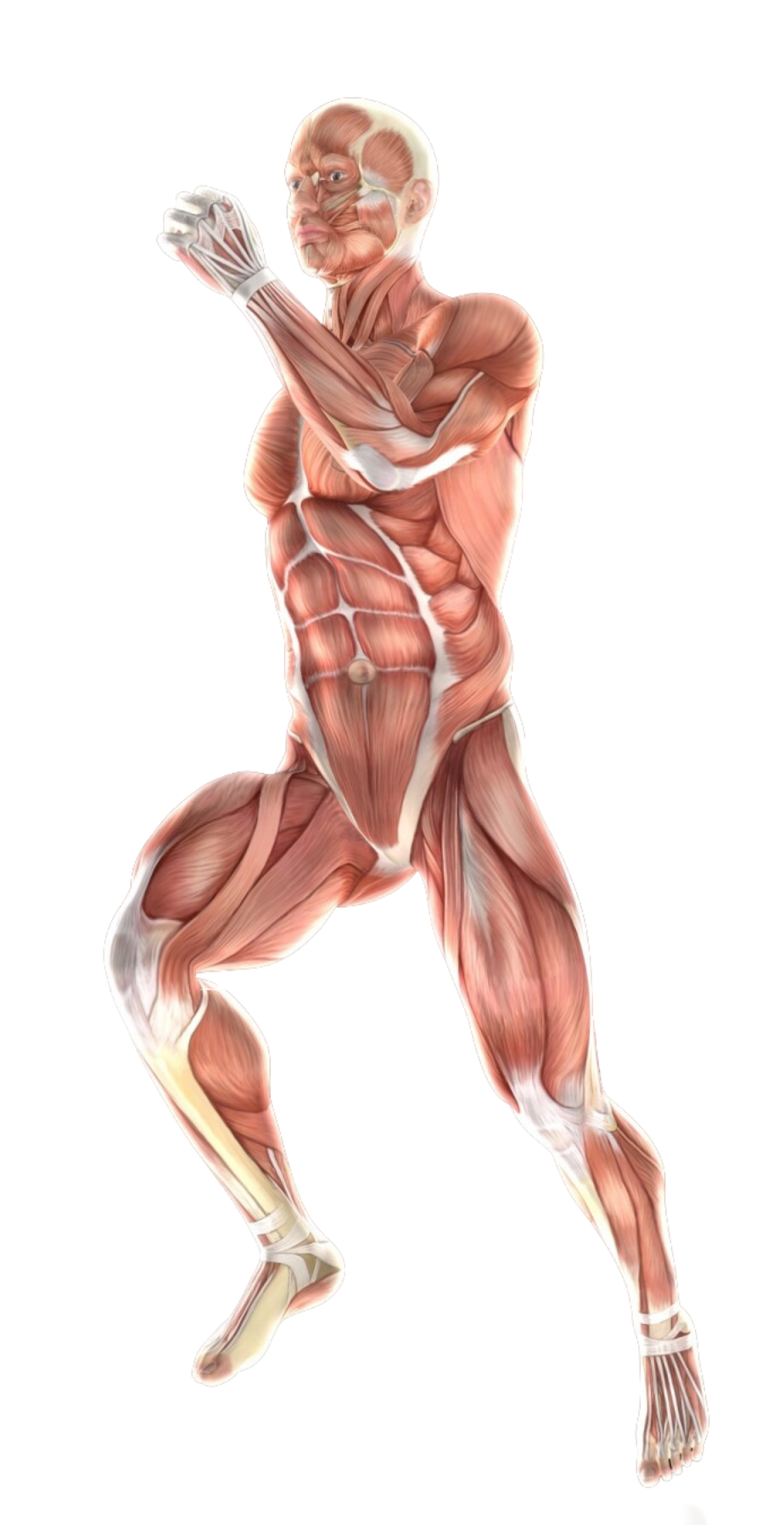- #11-13 Mount Elizabeth Medical Centre (Orchard)
- Mon Fri 9am — 6pm | Sat 9am — 12.30 pm
A concussion is a mild traumatic brain injury (mTBI) caused by a blow or shock to the head that disrupts normal brain function. This disruption can be caused by a direct blow to the head or by forcefully whipping the head and brain back and forth. Although concussions are considered the mildest form of brain injury, they can still cause a variety of symptoms and require proper management to ensure full recovery.
Concussions can be caused by a variety of events that cause a blow or jolt to the head, such as:
The symptoms of a concussion can vary depending on the severity of the injury and can appear immediately or last for hours or days. Some common symptoms include:
Certain factors can increase your risk of concussion:
Concussion diagnosis usually includes:
Imaging tests are not routinely used to diagnose concussions but may be ordered in some cases to rule out more serious brain injuries:

Spine - Neck
Shoulder & Elbow
Spine — Back
Wrist & Hand
Knee Pain
Ankle Pain
Foot Pain
Book a consultation with us for a more comprehensive diagnosis and a personalised treatment plan best suited to your needs.

Spine - Neck
Shoulder & Elbow
Spine — Back
Wrist & Hand
Knee
Ankle
Foot